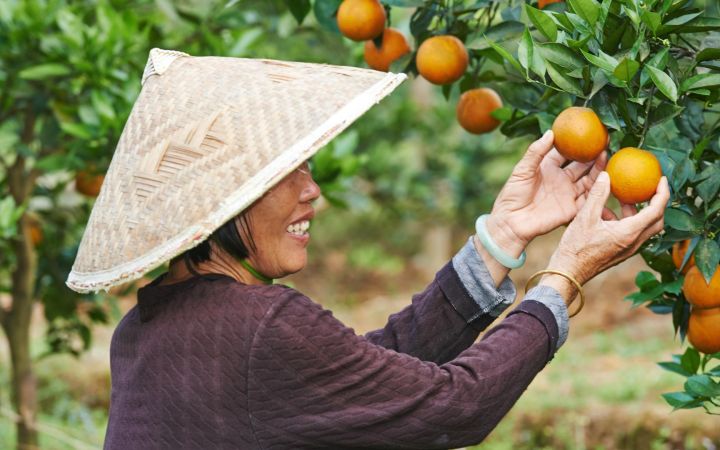Rich countries barely increased international aid by 1.4 percent overall in 2019, while they cut humanitarian assistance by 2.9 percent, according to figures published overnight by the Organisation for Economic Co-operation and Development (OECD).
In response to the news, Oxfam Australia’s Head of Political Engagement Emma Bull said that while many wealthy countries gave more aid in 2019, including New Zealand, up 3.4 percent, the United Kingdom, up 2.2 percent, and Canada, up 0.5 percent, Australia’s aid continued to decrease, with a 2.5 percent drop in 2019.
“Australia’s aid budget was on a downward trajectory, cut to a record low of 0.22 per cent of Gross National Income (GNI) in 2019, before the COVID-19 pandemic hit. There is simply not enough money in such a drastically decreased budget to respond adequately to the global health, social and economic impacts of this crisis.
“Australia’s aid budget must be immediately boosted with additional, global funding. This money will not only save lives now, but is necessary to prevent millions more people falling into poverty over the coming years.
“The United Nations (UN) has called for US$2 billion to fund a global coordinated response to COVID-19. Oxfam has calculated Australia’s fair share of this response fund to be at least $84 million, and we urge the Government to release this funding in the coming months to allow countries and agencies around the world to plan and coordinate the response.
“We welcome the Government’s responses to date, which have addressed the dual health and economic challenges- including doubling the unemployment benefit, a six-month wage subsidy for workers and sole traders and free childcare. But now is the time to turn our minds to the rest of the world and to deliver similar levels of economic and social support to those in need.
“The COVID-19 crisis has caused widespread suffering in rich countries, overwhelming some of the best healthcare systems in the world. In many poor countries, which face high levels of poverty and inequality, the challenges are even greater.
“For example, most people in our neighbouring Papua New Guinea live outside of cities and towns and can’t access hospitals or well-equipped health centres. And, even if they could, PNG’s biggest hospitals have only a small number of intensive care beds.
“As Oxfam warned last week, the economic fallout from the COVID-19 pandemic could push half a billion more people – or 8 per cent of the global population – into poverty unless urgent action is taken to support developing countries.
“But we can beat this pandemic if we act in every country and for every person. Globally, governments need to increase their aid now to a level we’ve never seen in our lifetimes.
“Governments, including Australia, should now prioritise emergency support to the under-funded and ill-equipped public health systems in poor countries. They should also help countries improve social safety nets and provide direct support to people in need so they can not only deal with immediate illness but the subsequent income loss.
“This is particularly vital for women, who often have limited employment rights and are far more likely to be informal workers without any social protection. In 2018, less than one percent of aid was invested in social protection, while more than four billion people don’t have formal social protection.
“This crisis is the time for bold and visionary choices for our collective future. It’s time for governments to profoundly transform their aid to build a world that is free from poverty, that is more equal, feminist and sustainable. As the coronavirus crisis is threatening to set back the fight against poverty by decades, we must now act and build a better future.”








